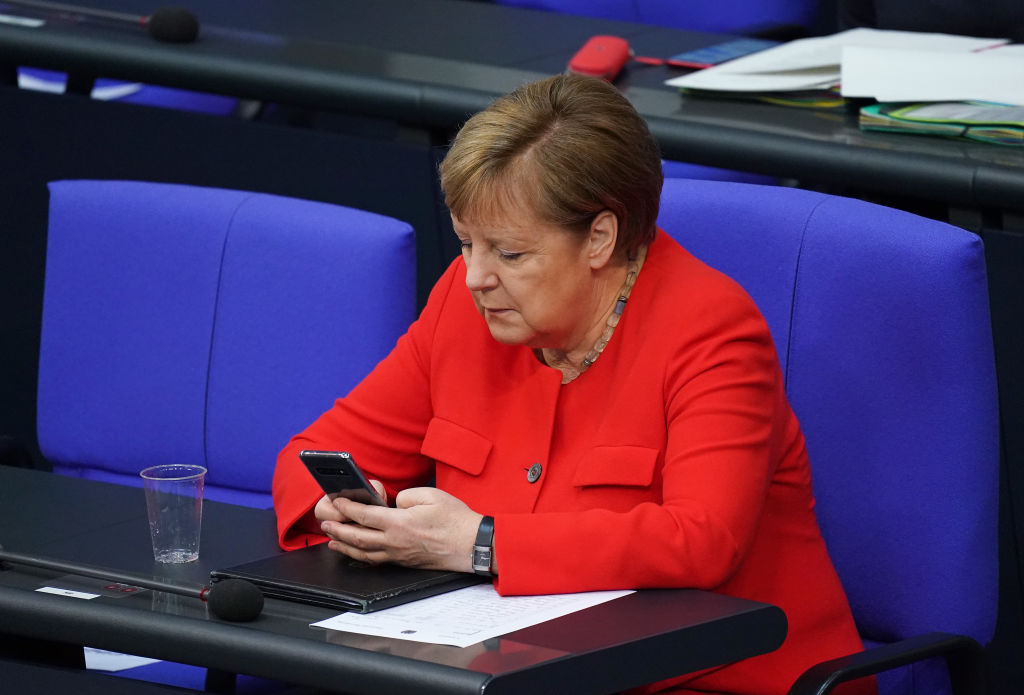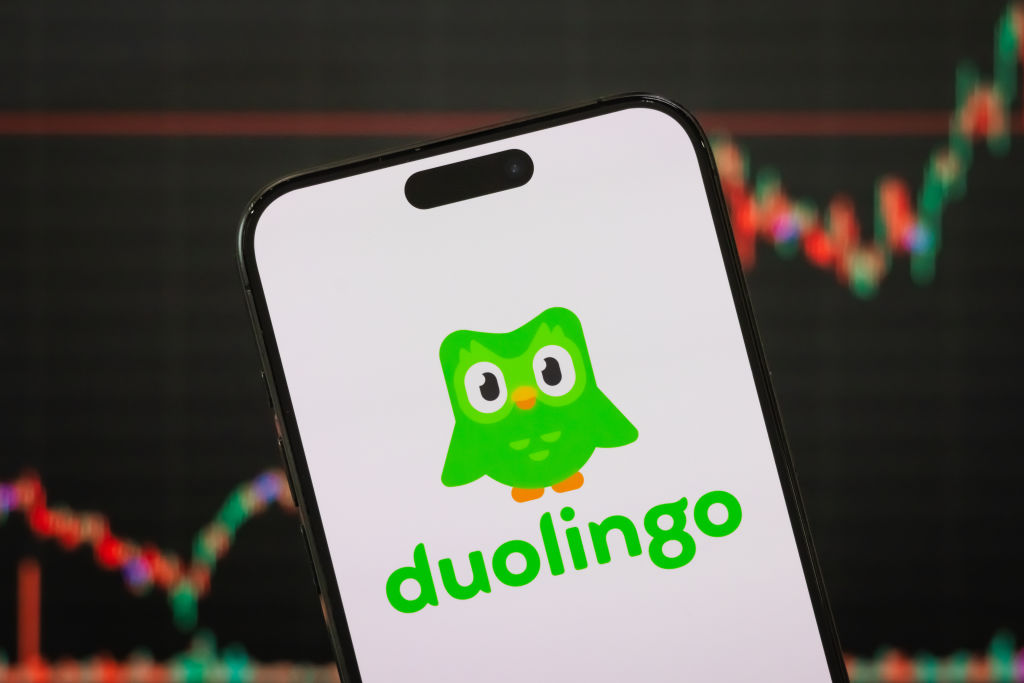Several states are still waiting for their coronavirus track and trace app. Meanwhile, Germany’s version is up and running. But not all Germans are happy with the new app.
The app’s launch coincides with the further easing of lockdown restrictions in Germany, so its success is critical to Merkel’s hopes of keeping her country’s coronavirus death toll relatively low in comparison with elsewhere. It operates by issuing a warning to those who have come into contact with someone who subsequently tests positive for the virus. If a person spent more than 15 minutes within two meters of another app holder who later tests positive for COVID-19, they receive a notification advising them to undergo testing themselves.
But Germans who have downloaded — or tried to download — the app, have spotted shortcomings. Soon after the launch this week, some complained that the app does not work on Huawei phones and older devices such as the iPhone 6, excluding people who cannot afford newer, more expensive models. The launch was also met with skepticism among many Germans who fear that their privacy will be violated or do not believe in the necessity of a contract tracing app in the first place.
In a country where privacy is king, this view could prove to be a problem, and it was one the makers of the app — SAP, a software giant, and Deutsche Telekom, the country’s largest telecommunications company — aimed to avoid. The developers opted to use Bluetooth short-range radio to measure the risk of exposure, after concluding that tracking people’s movement using location data would be too intrusive. The Bluetooth exchanges logged securely on devices are encrypted and pseudonyms are used, so the identity of the other person is not known. In another security feature, positive test results are uploaded by the German app using a QR code from the lab.
[special_offer]
Other phones scan the system constantly and, if one finds a so-called infected key in its log, the holder receives a notification. The design represents a trade-off between usefulness and privacy. No data is stored centrally, so that no one is able to reconstruct the individual movement of users. It is not possible to analyze the exact time and place of risk events from the app alone. ‘Scientific reason and societal participation have prevailed in Germany,’ according to Judith Simon, professor for ethics in information technology at the University of Hamburg.
Protecting privacy is a major selling point for Germany’s app, as its download is voluntary and the app has to be adopted by a large share of the population to take full effect. At least 12 million Germans (15 percent of the population) must have the app — and activate it on their phones — for it to work. While such a high percentage seems unrealistic, the early numbers were promising, with over eight million downloads by Wednesday evening.
But whether it proves a hit or not, at least Germany’s effort is up and running. Restrictions in Europe are being lifted — thanks to apps like Germany’s.

























